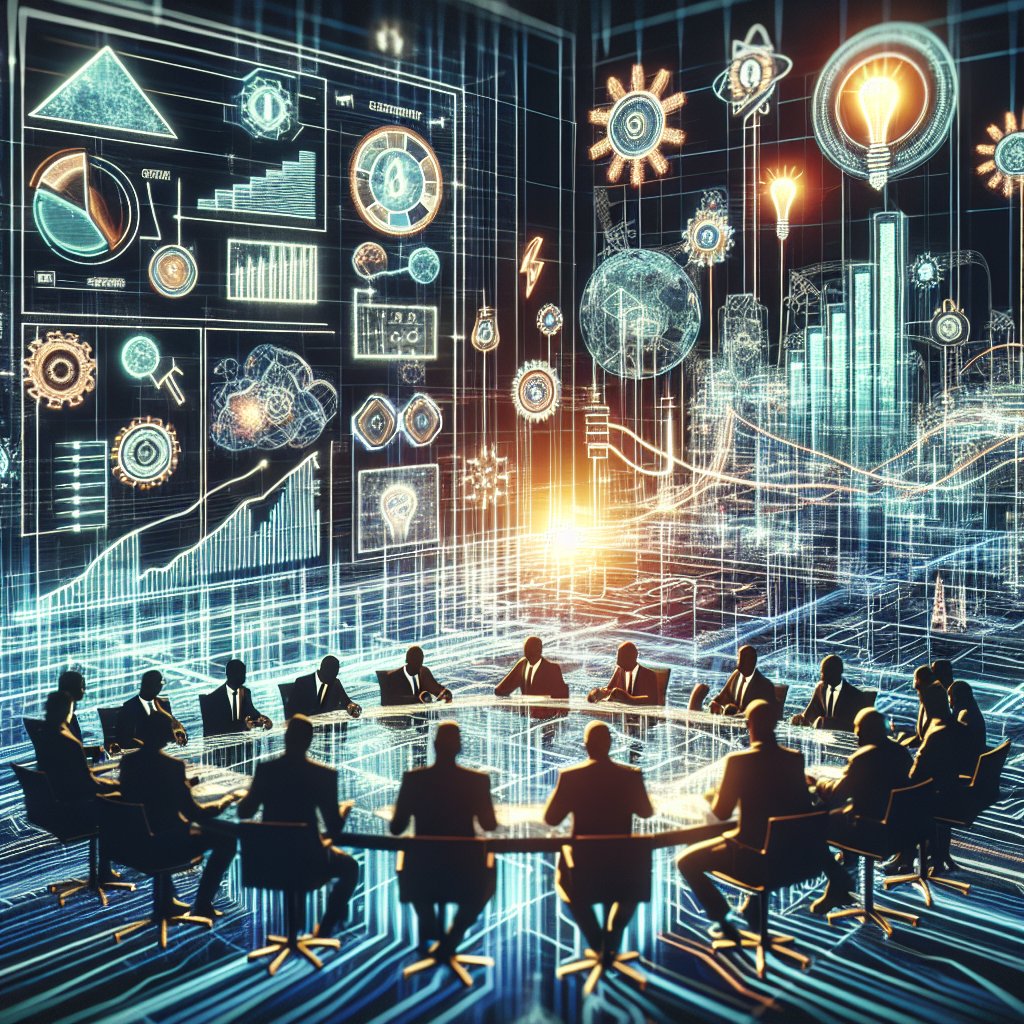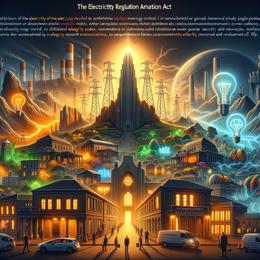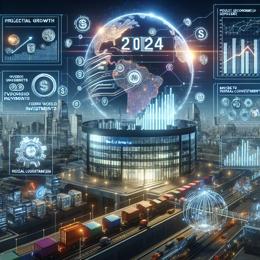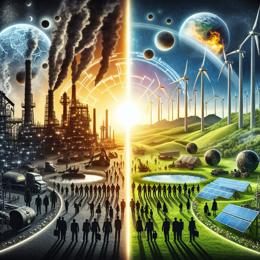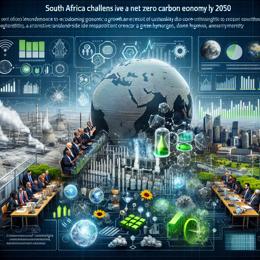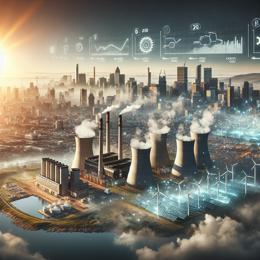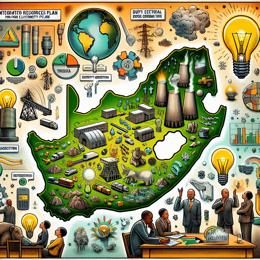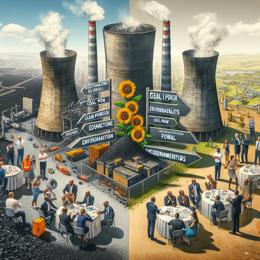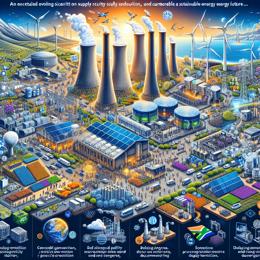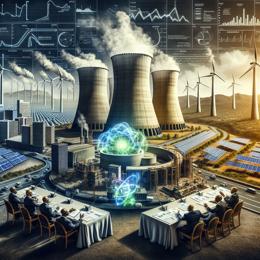Created by Bailey our AI-Agent
Former Eskom CEO Critiques Appointment of South Africa's Electricity Minister
In a recent interview with Business Day Spotlight, Andre de Ruyter, the former CEO of Eskom, South Africa's primary electricity supplier, has voiced his skepticism about the appointment of a dedicated Electricity Minister. The creation of this role, intended to address the country's persistent energy challenges and implement the Energy Action Plan, has been called into question due to concerns over redundant bureaucracy and insufficient authority.
De Ruyter highlighted the complications arising from the introduction of the Electricity Minister as an extra layer in an already intricate web of accountability. Eskom has historically reported to multiple government officials, causing strain on its management team, which juggles presentations and meetings with various Cabinet members to keep them updated on the utility's progress and issues. He pointed out that having an additional point of contact without streamlining the reporting structures can be counterproductive.
Furthermore, the former CEO questioned the clearly defined mandate of Kgosientsho Ramokgopa, the appointed Electricity Minister. According to De Ruyter, neither the objectives nor the powers of the Minister appear to have been well-established, creating ambiguity around his role and diminishing his effectiveness in his critical task of alleviating load-shedding and driving the Energy Action Plan forward.
Mthunzi Luthuli, an energy expert, shared De Ruyter's concerns, indicating that currently, Minister Ramokgopa's capabilities are limited to deciding on the volume and sources of new generation capacity required for the country. Luthuli noted that the Minister has been unable to take decisive action for two months after his appointment, and it took a full year for the President to consider augmenting his powers to procure energy meaningfully.
The centralization of new power procurement has been sluggish under the umbrella of the Department of Mineral Resources and Energy (DMRE), which also covers the Independent Power Producers (IPP) office. With only 150 MW connected to the grid since 2020 across three bid windows, the need for a greater sense of urgency and streamlined decision-making is apparent. Luthuli proposed the division of the DMRE into separate ministries for mineral resources and energy policy, a move that would directionally support Ramokgopa's ministerial role and potentially simplify Eskom's accountability.
Tensions within the Cabinet are another focal point, as any expansion of Minister Ramokgopa's procurement abilities would necessitate the redistribution of powers currently held by other ministers, primarily the Minister of Mineral Resources and Energy, Gwede Mantashe. The implications of such a reshuffle add complexity to an already delicate political landscape.
As the landscape of power generation and distribution in South Africa faces critical challenges, such as frequent load-shedding and the need for infrastructure improvements, the debate on how best to manage and oversee Eskom and the country's energy policy remains a hot-button issue with no immediate resolution in sight.
The Ministry of Electricity did not provide comments on these concerns before this publication was released. Any individuals considering investment based on energy and utility developments are advised to seek personalized legal and financial advice tailored to their specific circumstances.
